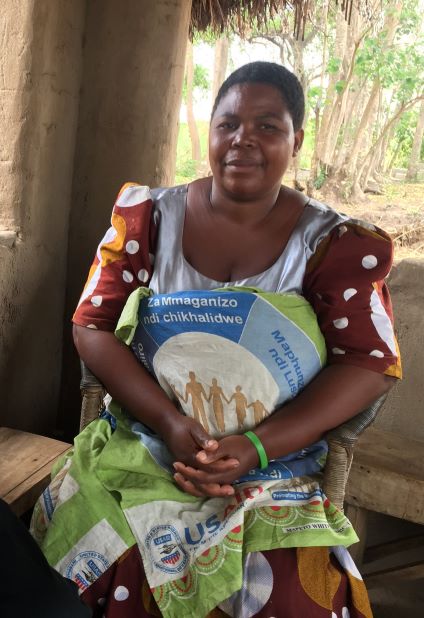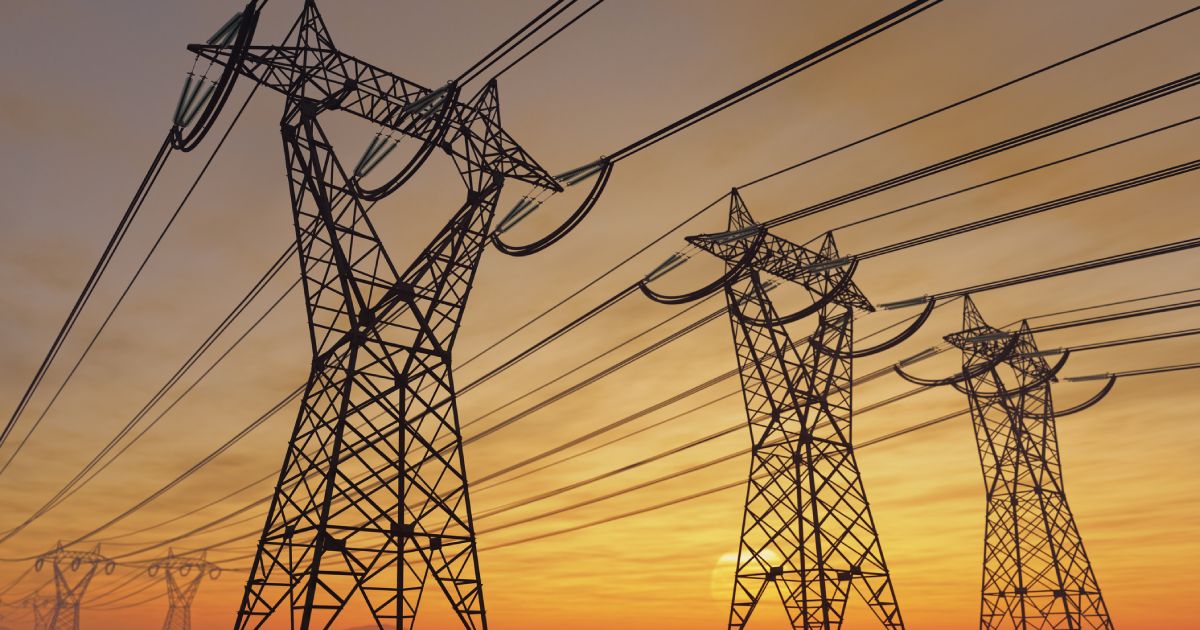Project Overview
To evaluate MCC’s efforts to reduce hydropower losses in Malawi. This evaluation assesses the implementation, effects, and sustainability of the activities funded.
Hydropower is Malawi’s main source of electricity, but unsustainable land use diminishes hydropower production — a key input to economic growth. MCC’s natural resource management activities and social and gender enhancement activities aim to reduce electricity losses, achieve environmental benefits, help women improve their economic and social rights and decision-making power, alleviate poverty, and increase economic activity through investing in improving power supply.
- International Food Policy Research Institute (IFPRI)
- Kadale Consultants
Millennium Challenge Corporation
Consistent, reliable, and affordable electricity is a key constraint on economic growth in Malawi, where more than 70 percent of the country’s electricity is generated through hydropower production along the Shire River.
MCC’s $20 million Environmental and Natural Resources Management (ENRM) Project aimed to reduce disruptions and increase the efficiency of hydropower generation.
The Malawi ENRM Project (2013-2018) was designed to reduce sedimentation and aquatic weed growth in the Shire River and improve land use practices along the river with three main activities:

Photo Credit: Kristen Velyvis
Female chief in Zomba District, Malawi
- Procurement and operationalization of mechanical equipment to appropriately remove and store excess sedimentation and weeds from the river near hydropower stations
- Grants to non-governmental organizations (NGOs) working in high-priority areas along the Shire to improve land use practices, intra-household decision-making, and women’s empowerment to reduce sedimentation run-off
- Establishment of a trust to provide a sustainable funding mechanism to support additional programming post-compact to improve land use practices and women’s empowerment
These three activities addressed the immediate problem of excessive sedimentation in the head ponds of power plants and the weeds floating in the river; focused on the underlying causes of increasing sediment runoff and weed growth – land management practices in the Shire River Basin, and socioeconomic root causes of poor land management; and supported the establishment of sustainable funding for land management and gender equity activities in the future through an environmental trust.
Mathematica is conducting a rigorous mixed-methods evaluation of the ENRM Project designed to answer research questions in three main areas:
- Implementation of activities
- The outcomes of activities, such as changes in head pond availability, weed growth, and water turbidity; the frequency and duration of power outages; and the operational and mechanical costs of hydropower stations
- The sustainability of the project
Evidence & Insights From This Project

Evaluation Design for the Environmental and Natural Resource Management Project to Improve Hydropower Generation in Malawi
This report summarizes our impact evaluation and performance evaluation designs for MCC's and Malawi's joint Natural Resource Management (ENRM) project that aims to improve energy efficiency of hydropower generation by decreasing aquatic weeds and sediment in the Shire River Basin.
Learn MoreRelated Staff
See Clearly. Act Quickly.
Our experts can help you make smart, sustainable decisions. From local to global challenges in health, human services, and international development, we’re here to improve public well-being and make progress together.
Work With Us



